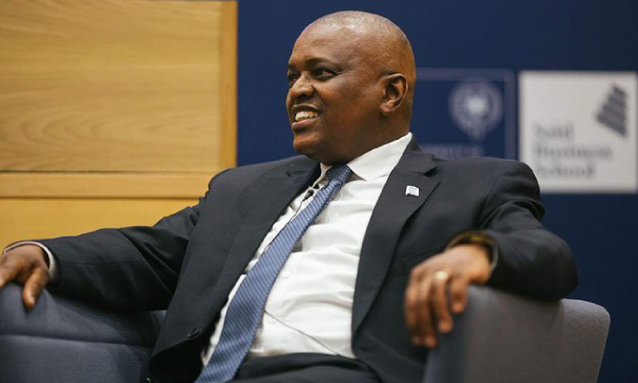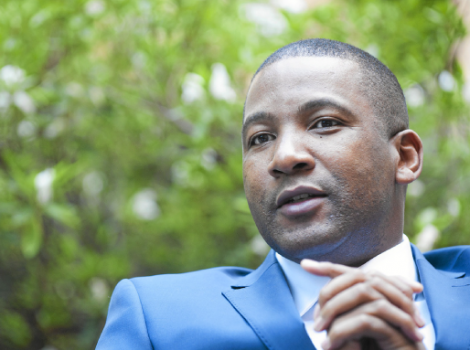
Relations between the Botswana government and the private media have improved since president Mokgweetsi Masisi ascended to the State House – The United States Department of State has reported.
In its Human rights country report for Botswana published last month, the US Department of State observed;
“In a break from his predecessor, President Masisi initiated a productive relationship with the media. He continued to hold press conferences and has repeatedly assured journalists of his respect for their role in a healthy democracy.”
The report further states;
“The government dominated domestic broadcasting. The government owned and operated the Botswana Press Agency, which dominated the print media through its free, nationally distributed newspaper, Daily News and two state-operated FM radio stations. State-owned media generally featured reporting favourable to the government and, according to some observers, were susceptible to political interference. Opposition political parties claimed state media coverage heavily favoured the ruling party.
Independent media were active and generally expressed a wide variety of views, which frequently included strong criticism of the government; however, media members complained they were sometimes subject to government pressure to portray the government and country in a positive light. Private media organisations had more difficulty than government-owned media obtaining access to government-held information.”
The report also stated that international observers believe Botswana’s elections were credible.
The BDP won a majority in the October parliamentary elections, returning President Mokgweetsi Masisi to office for a five-year term and maintaining the party’s control on government that it has held since independence in 1966. The vote was generally considered credible by outside observers. In November opposition parties challenged some of the election results in court.
It emerges from the report that the government last year caved into international pressure and moved some asylum seekers from The Francistown Centre for Illegal Immigrants (FCII). The facility is dedicated to processing asylum and other immigration claims by individuals who entered the country illegally.
In previous years, journalists reported allegations of authorities abusing asylum seekers in the FCII, but there were no reports of such abuses during the year. International observers noted women and children were lodged in tents that provided insufficient protection from heat, cold, and wind. There was no school at the centre and international observers expressed concern some children were separated from parents at a young age. The government considered FCII to be a transit centre for refugees, but some refugees previously spent several years there while awaiting review of their cases.
In February, under pressure from the international groups, the government moved these long-term residents to the nearby Dukwi Refugee Camp. Despite the change, there was no protocol in place to ensure that arrivals did not spend long periods in FCII while their cases were processed. There were no significant reports regarding conditions at other prisons that raised human rights concerns.
Source: thesundaystandard.info



